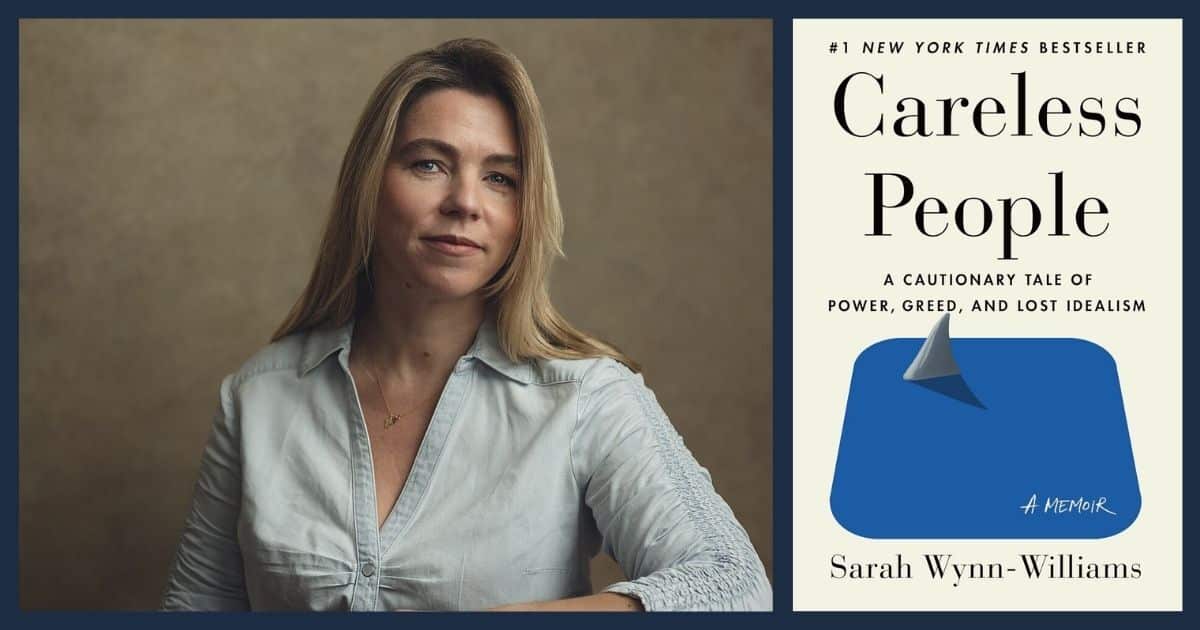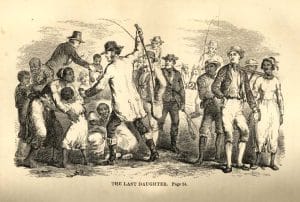Sarah Wynn-Williams takes her title for Careless People: A Cautionary Tale of Power, Greed, and Lost Idealism from the Great Gatsby (1925):
“They were careless people, Tom and Daisy—they smashed up things and creatures and then retreated back into their money or their vast carelessness, or whatever it was that kept them together, and let other people clean up the mess they had made.”
Jazz Age nostalgia might soften the edges of this examination of the modern-day consequences of our information economy. However, as the reader learns more about Mark Zuckerberg and Sheryl Sandberg, the “Tom” and “Daisy” of Facebook (Meta), they are treated to a contemporary account of arrogance, narcissism, and ruthlessness impacting the lives of hundreds of millions of people. It makes the Roaring Twenties seem quaint.
In many respects, Wynn-Williams’s story of her time (2011 to 2017) as an executive responsible for global policy with Facebook is a typical relation of naivete colliding with the brutal realities of corporate life. It is definitely that, but Careless People is also much more.
Wynn-Williams successfully pierces the veil of an organization that took pride in being reckless and taking risks. Taking their cues from Zuckerberg, slogans like “Think Wrong, Move Fast and Break Things, This is a Technology Company!” defined Facebook as it spread across the worldwide web. (43) Its employee policy manual established a clear, affirmative mission: “We expect you to change the world.” (50)
Initially, Wynn-Williams tries to be generous as she explains her early interactions with Facebook executives like Zuckerberg, Sandberg, Elliott Schrage, and Javier Olivan. Fresh from a stint with the United Nations, the author saw Facebook as a pioneer in a “new digital common ground.” (16) With their millions of members, “They’d be setting the rules for this global conversation.” (17) Yet, when Wynn-Williams and other employees solicited the top Facebook brass for details on their vision, executives seemed puzzled. They apparently had no “grand ideology.” (53)
But there was a plan, and it was simple: “Growth. More.”(63)
All aspirational platitudes aside, Facebook was purpose built for profit. Individual countries, sovereign governments, and political leadership mattered only if they were allies of or obstacles to that pursuit. The same principle governed Facebook’s corporate culture. According to Wynn-Williams, “Effort, productivity, and the sacrifice of everything else in life are valorized and fetishized.” (48)
Not surprisingly, controversies and tragedies littered the path made by these priorities. In Myanmar in 2017, Facebook stood back while the military used the platform to whip up hatred against the country’s Muslim population. During the widespread violence that followed, as many as ten thousand people died. (357-358)
Facebook’s relationship with Communist China was far more deliberate. As part of the deal to acquire millions of potential subscribers, Facebook agreed to help Beijing “promote safe and secure social order.” (304) In practice, this meant “Facebook would build facial recognition, photo tagging, and other moderation tools to facilitate Chinese censorship.” (308) The company also gave Chinese security services open access to user data. (149) This allowed the government to troll through any group it considers to be a threat: the Falun Gong, Uighurs, or human rights advocates in general. (310)
READ: From ‘God Emperor Trump’ to ‘St. Luigi,’ Memes Power the Politics of Feeling
Facebook’s expanding role in U.S. politics illustrated significant and disturbing executive decisions. Based upon the understanding in 2016, that “Outrage is a lucrative business for Facebook right now,” the company was fully engaged in partisan contests that dominated the electoral process. This was especially true with Donald Trump, who fully grasped the impact of social media on American voters.(251-252) Despite repeated denials, Facebook was fully integrated into the Trump campaign, assisting Brad Parscale and Project Alamo, which targeted millions of users with a campaign of fundraising and deliberate misinformation. (257, 264-265)
Wynn-Williams’s personal experience within Facebook exposed deep problems within its corporate culture, particularly for women. Sexual harassment–Sheryl Sandberg’s apparent penchant for demanding that female staffers share her bed during international flights stands out—was routine and routinely ignored by upper management. (217-221) Most Facebook employees lived in “sycophantic leadership bubble” that encouraged obedience at the cost of basic dignity. (297)
Facebook’s treatment of motherhood stood in direct contrast to the New Age cliches flowing from Sandberg’s Lean In (2013). The book encouraged career women to “Seek and speak your truth” to overcome barriers that they faced in the workplace. (87) Yet, Wynn-Williams’s baby and her legal maternal leave were a constant source of management complaints. (101, 103, 247-250)
Predictably, Careless People has provoked a media and legal counteroffensive from Meta. But deploying waves of lawyers and publicists has not blunted the edge of what we already know about the company. A quick search of the timeline from Wynn-Williams’s hiring in 2011 to the present reveals what CNN characterized as “Facebook’s Bottomless Pit of Scandals.” Other detailed stories have appeared in Wired and the Wall Street Journal, specifically its 2021 reporting on “the Facebook Files.”
Careless People very successfully flays the many layers of scar tissue that have accumulated around Facebook/Meta scandals over the past decade. It is a tragic story of one person’s good faith effort to craft “an education in responsibility and accountability” and her failure, not because Facebook leadership was simply “careless,” but because basic decency was crushed under the premeditated weight of an autocracy that did not care about the human costs of their decisions. (235)







